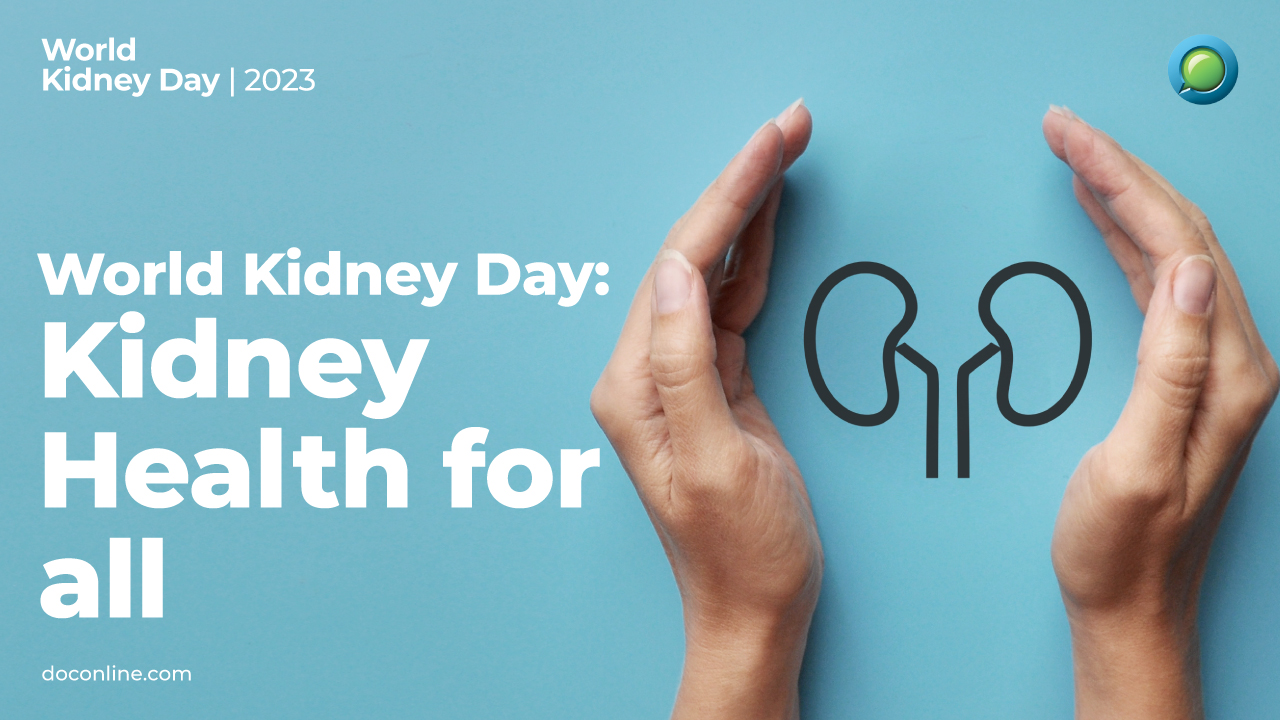World Kidney Day is a global health campaign that takes place annually on the second Thursday of March. The goal of this day is to raise awareness about the importance of our kidneys, the role they play in our overall health, and how to keep them healthy. In this article, we'll take a closer look at the important functions of the kidneys, how they can be impacted, and how to take care of your kidneys.
Important Kidney Functions
The kidneys are two bean-shaped organs located in the lower back, on either side of the spine. They play a vital role in keeping our bodies healthy by performing several important functions, including:
- Filtering waste: The kidneys filter waste products from the blood and remove them from the body through urine.
- Regulating fluid levels: The kidneys help regulate the amount of fluid in the body and control blood pressure.
- Balancing electrolytes: The kidneys play a crucial role in maintaining the balance of important chemicals, such as sodium, potassium, and phosphorus, in the body.
- Producing hormones: The kidneys produce hormones that regulate red blood cell production, control calcium metabolism, and activate vitamin D.
What impacts Kidney Function?
Despite the vital role that the kidneys play in our health, they can be impacted by a variety of factors, including:
- Chronic diseases: Chronic conditions such as diabetes and high blood pressure can damage the kidneys over time and lead to kidney failure.
- Infections: Kidney infections, such as pyelonephritis, can cause inflammation and damage to the kidneys.
- Medications: Certain medications, such as nonsteroidal anti-inflammatory drugs (NSAIDs), can cause kidney damage if taken in large amounts or for an extended period of time.
- Dehydration: Dehydration can lead to a decrease in kidney function and increase the risk of kidney stones and other kidney problems.
How to Take Care of Your Kidneys
Taking care of your kidneys is essential for maintaining good health. Here are some ways you can protect and support your kidneys:
- Manage chronic diseases: If you have a chronic condition such as diabetes or high blood pressure, it's important to manage it effectively to minimize the risk of kidney damage.
- Stay hydrated: Drinking plenty of water can help prevent dehydration and protect your kidneys.
- Limit alcohol and salt intake: Excessive alcohol and salt intake can increase the risk of kidney problems, so it's important to limit these in your diet.
- Avoid medication overuse: If you are taking medication, make sure to follow the recommended dosages and avoid overusing pain relievers, such as ibuprofen, to reduce the risk of kidney damage.
- Get regular check-ups: Regular check-ups with your doctor can help monitor your kidney function and detect any potential problems early on.
In conclusion, World Kidney Day is a reminder of the crucial role that our kidneys play in maintaining our health. By understanding their important functions, the factors that can impact them, and how to take care of your kidneys, you can help protect and support this vital organ.













